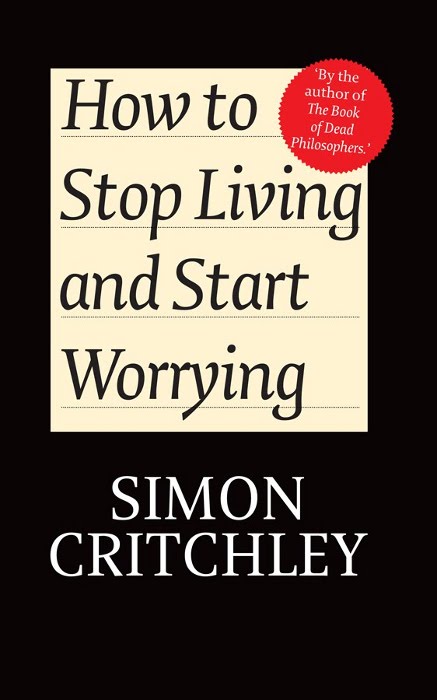Touching "The Intouchables"
Have you ever seen this movie? The Intouchables? It's a 2011 French movie, which in case you haven't, you must desperately watch. It's one of my favorite movies and also, one I think I should watch at least once per year.
The movie is about a very rich man, Philippe, who is paralysed from the neck down after a paragliding accident. He's now in the search of a caregiver (after having fired lots of them) and he makes an excellent, yet weird choice, by hiring Driss. Driss is out on parole for robbery, and generally comes from another "planet" (in comparison to Philippe and his staff and friends). The movie walks us through their relationship and its ups and downs.
Critic Roger Ebert writes:
"The Intouchables" has an element of truth that it never quite recognizes. The role of a good caregiver is hardly limited to lifting, bathing, grooming, dressing, pushing and supplying medicines. The patient is faced with a reality he finds difficult to accept: he has been deprived of all he once took for granted, such as the simple ability to walk across a room. A caregiver can't provide that, but he can provide something more valuable, companionship.
This is a great parallel for the role of a "good therapist", too. And even though we can’t offer companionship as such, all of the above works perfectly for our role, too. A good therapist, in my humble opinion, should of course address the obvious difficulties the client faces, but should also get beyond those. A person is still a person, disability or not. And sometimes, we seem to forget the person and try to connect with the problem, the symptom, the pathology or so. We don't always mean bad, sometimes we're just afraid of how we should be with that other person, but I think it's imperative that we do not forget we're both humans. This movie is an ode to humanity as I see it and a "how-to" encounter another with dignity. Maybe Driss gets a little too far sometimes, but I think we have a great opportunity to learn so much from him, as therapists and humans, nonetheless.



